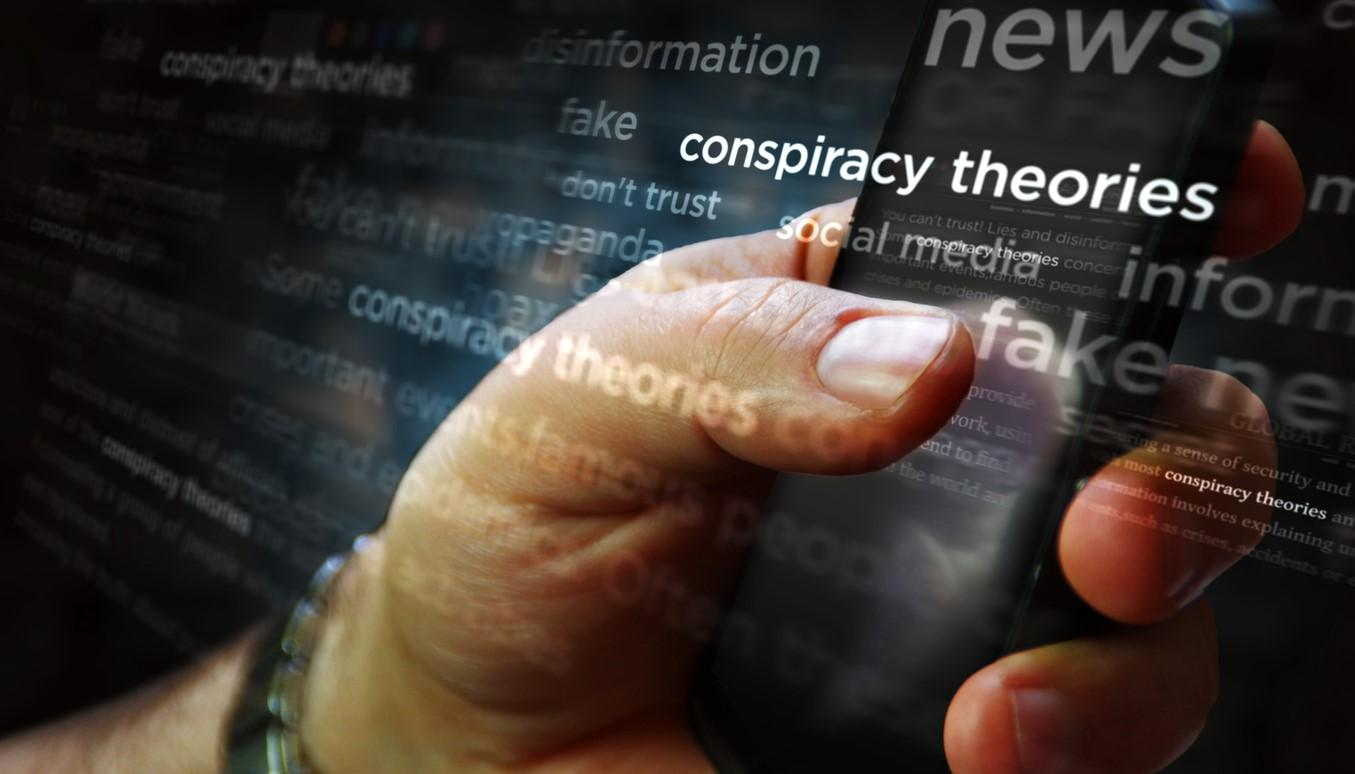A COVID-19 misinformation-busting messaging intervention that presented a myth followed by a fact among people who had completed the initial vaccine series strengthened their resolve to follow up with a booster dose, suggests a University of Pennsylvania study published last week in Vaccine.
For the randomized controlled experiment, the researchers randomly assigned 892 racially diverse US adults with vaccine safety concerns to receive no message (control arm) or one of three message types: (1) a myth followed by fact, (2) a fact followed by a myth and the fact again, (3) or a fact only. The team then surveyed participants about their intent to receive the initial COVID-19 vaccine series or a booster in the next 3 and 12 months.
Concerns about turning people off to vaccination
Participants' ages ranged from 18 to 79 years (average, 36 years), about half were men, a fifth were Hispanic, 40% were non-White, a quarter were Republicans, and a third were Democrats.
The myths were: "The COVID-19 vaccine causes infertility," "It's safer to get COVID-19 than to get the COVID-19 vaccine," and "The effectiveness and safety of the COVID-19 vaccine cannot be trusted."
"Attempts to correct misinformation often use one of three common message structures," the researchers wrote. "The effectiveness of these message structures is unclear, and concerns have been raised that some can 'backfire' by weakening vaccination intentions."
For example, some experts believe that the traditional myth-fact approach used by many public health organizations throughout the COVID-19 pandemic may inadvertently reinforce the myth by repeating it.
"People may have difficulty recalling whether the information was categorized as the myth or fact because the context is forgotten," the study authors wrote. "In addition, people show an increased liking for stimuli when they are exposed to them more often."
No impact on booster intent in unvaccinated
Of 531 participants who had received zero or one COVID-19 vaccine doses, 65% said they had no intention of receiving a dose in the next 12 months, 28% reported weak intentions, and 7% reported strong intentions. Of 361 recipients of two or more doses, 16% said they had no intention of getting a booster within the first 12 months it was available to them, 37% reported weak intentions, and 48% indicated strong intentions.
Exposure to the myth-followed-by-fact message was associated with stronger booster intentions among participants who had received an initial COVID-19 vaccine dose than those among controls. Of those who hadn't received the initial vaccine series, the strength of intent to begin vaccination was the same across all study groups.
Receiving one COVID-19 vaccine dose (compared with zero), higher financial stress, and a Democratic political affiliation were significantly related to stronger intentions to receive the vaccine in the next 12 months.
Among participants who had completed the initial two-shot series, the intention to receive a COVID-19 booster in the first 12 months it was available to them was stronger among those who viewed the myth followed by the fact than in those who received no message. The fact-myth-fact and fact-only messages didn't significantly strengthen or weaken booster intentions.
Probably not reinforcing the myth
"In this study, only one of the three debunking message structures was effective, but none had counterproductive consequences, despite fears that they 'backfire,'" the researchers wrote. "Therefore, the results did not suggest the messages repeating the myth are reinforcing the myth."





















